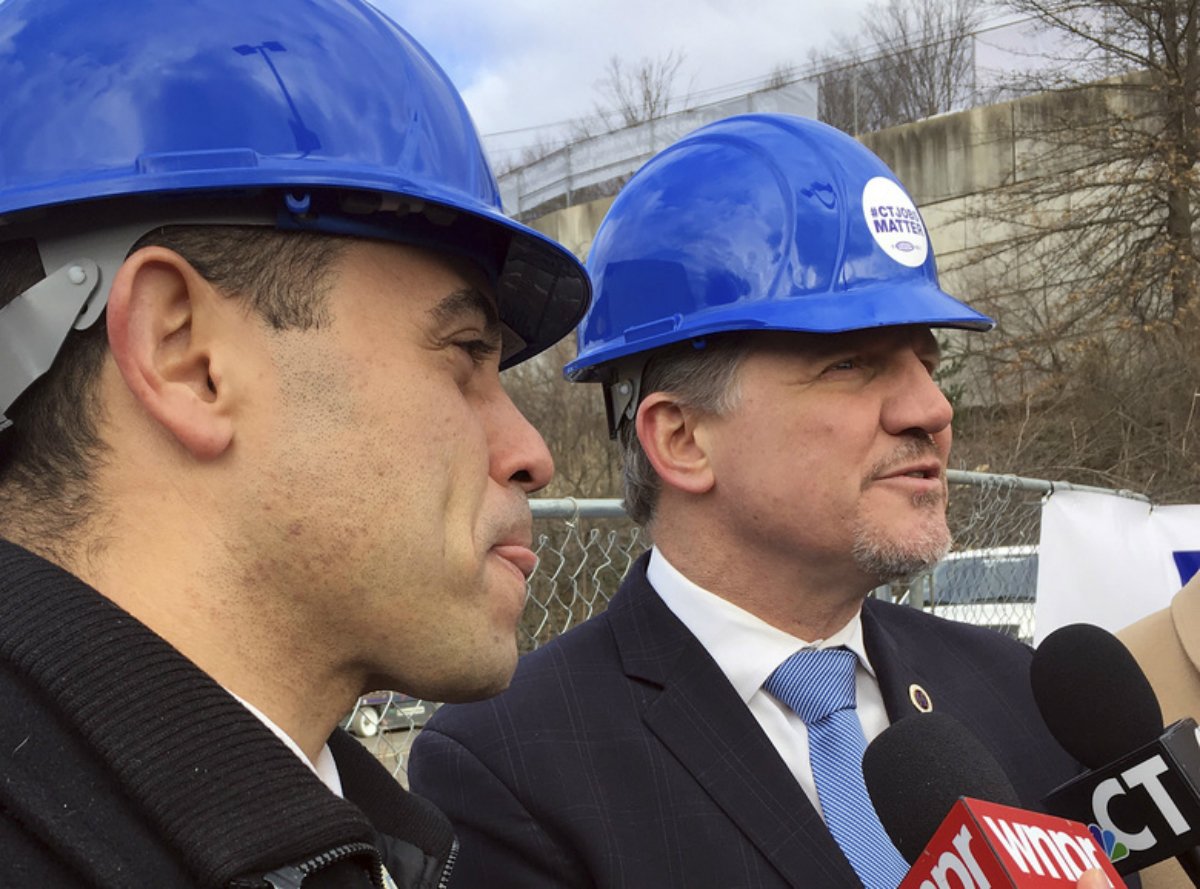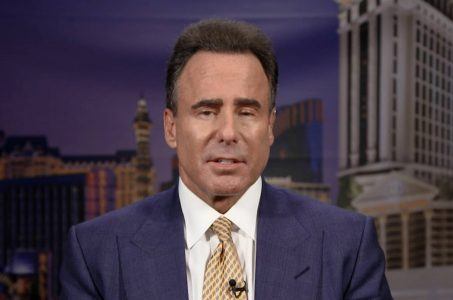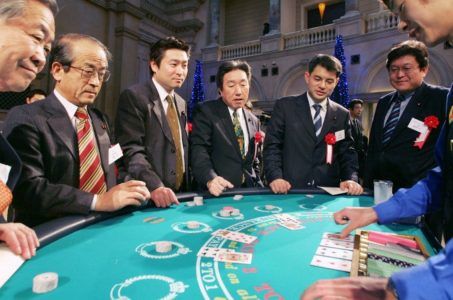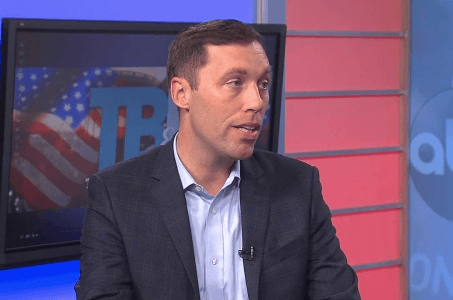Connecticut East Windsor Casino Approved by US Department of Interior, Bridgeport Odds Lengthen
Posted on: June 1, 2018, 11:30h.
Last updated on: October 5, 2018, 12:08h.
The East Windsor casino being jointly built by Connecticut’s two Native American tribes has finally received the blessing of the US Department of the Interior (DOI).

Connecticut permitted the Mashantucket Pequot and Mohegan tribes to work together on a satellite casino on non-sovereign land in 2017. The legislation was in response to MGM Springfield opening a $960 million integrated casino resort near the state border.
The East Windsor casino is Connecticut’s attempt to protect vital gaming revenue from flowing to MGM Springfield. But the statute was dependent on receiving authorization from the DOI and Bureau of Indian Affairs that the amended tribal gaming compacts do not run afoul of federal law.
The DOI has failed to provide such formal authorization, and the delay has thrown the future of the satellite casino into question. This week, however, state lawmakers and Governor Dannel Malloy (D) who supported the gaming expansion finally received the much-needed federal validation.
In a DOI document filed with the Federal Register on June 1, Interior Department Principal Deputy of Indian Affairs John Tahsuda said the gaming compact amendment with the two tribes has effectively been approved.
No News Good News
The DOI is to have 45 days upon receipt of a tribal gaming compact to rule on its validity. But Secretary Ryan Zinke and his agency failed to respond.
Connecticut’s congressional delegation subsequently asked the US Inspector General to investigate the DOI’s inaction. The congresspersons said they were under the belief that MGM Resorts was using its lobbying prowess to convince Zinke to make a “highly unusual” decision in not approving the amendments.
“MGM has a direct economic interest regarding Interior’s decision. However, MGM has no connection to the legal trust responsibility Interior has to the Mohegan and Mashantucket Pequot Tribes. As such, the company’s activities should have had no bearing on the question before the Department or on its decision,” the delegation wrote in May.
In Friday’s filing, Tahsuda says Zinke’s inaction in rejecting the amendments is effectively an approval.
“The Secretary took no action… Therefore, the amendment is considered to have been approved,” Tahsuda concluded.
Bridgeport Sinks
MGM Resorts interjected itself in Connecticut’s plans to authorize a third casino by arguing that the state failed to hold a competitive bidding process. The casino operator said if lawmakers wished to expand gaming outside of Foxwoods and Mohegan Sun, it should have welcomed proposals not only from the two tribes, but also commercial companies.
MGM introduced a $675 million blueprint to build an integrated casino resort in Bridgeport. The proposal won over some lawmakers in the state capital, and legislation was authored to revoke the East Windsor license.
Such measures failed during the 2018 legislative session. MGM says it remains committed to Bridgeport.
“Today’s Federal Register notice raises more questions than it answers,” MGM said in release. “The notice provides no supporting reasoning and contradicts not only the Interior Department’s prior ruling, but also the clear limits on off-reservation gaming imposed by federal law.
“After consulting with our attorneys, we can find no legal justification for the Interior Department’s unprecedented action,” MGM concluded.
Related News Articles
Most Popular
Mirage Las Vegas Demolition to Start Next Week, Atrium a Goner
Where All the Mirage Relics Will Go
Most Commented
-
Bally’s Facing Five Months of Daily Demolition for Chicago Casino
— June 18, 2024 — 12 Comments
















No comments yet